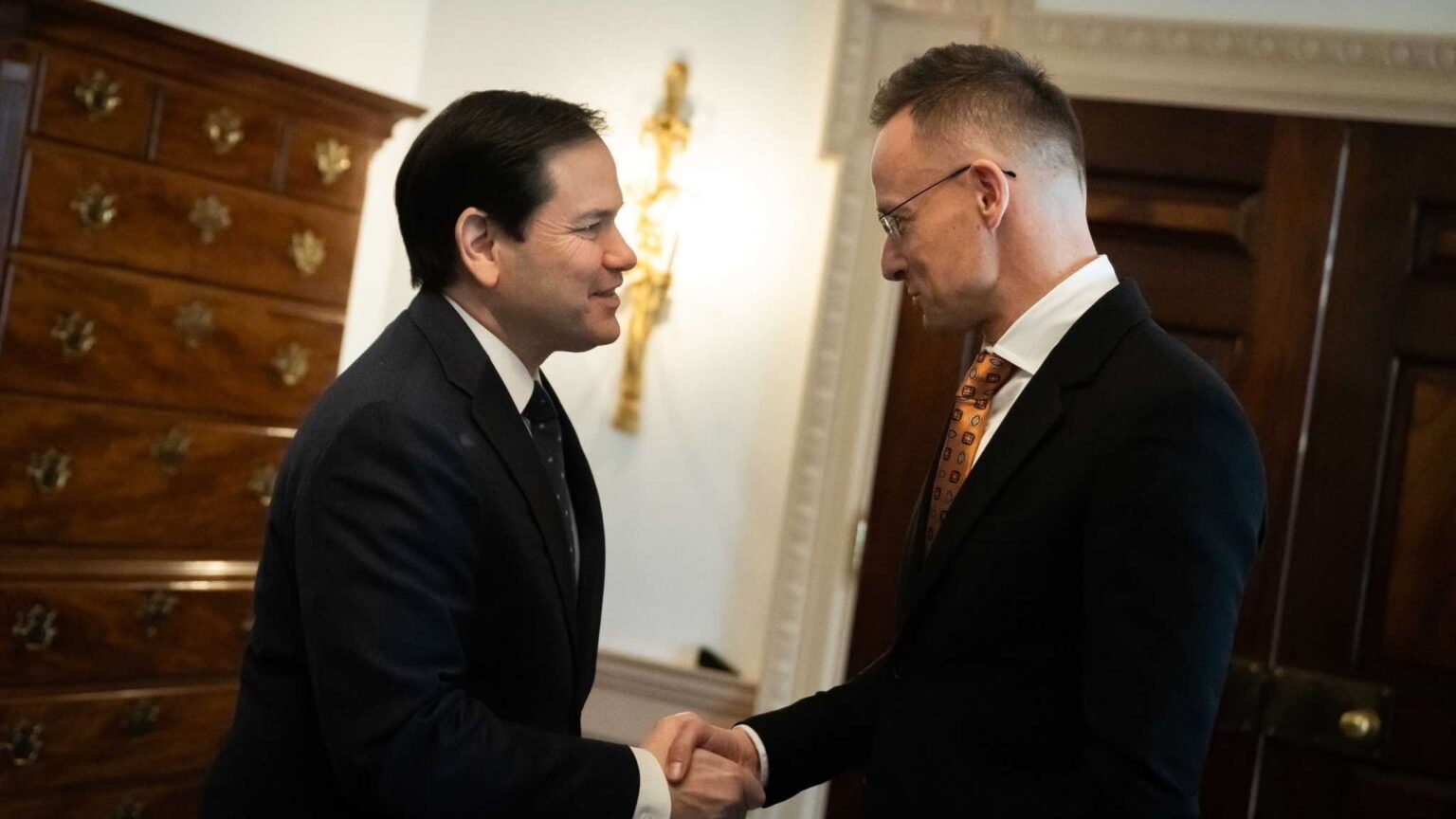
US Secretary of State Marco Rubio will travel to Budapest after the Munich Security Conference to meet senior Hungarian officials for talks on peace initiatives, regional security, and energy cooperation. The announcement follows Viktor Orbán’s planned Washington trip to attend the inauguration meeting of Donald Trump’s Board of Peace.
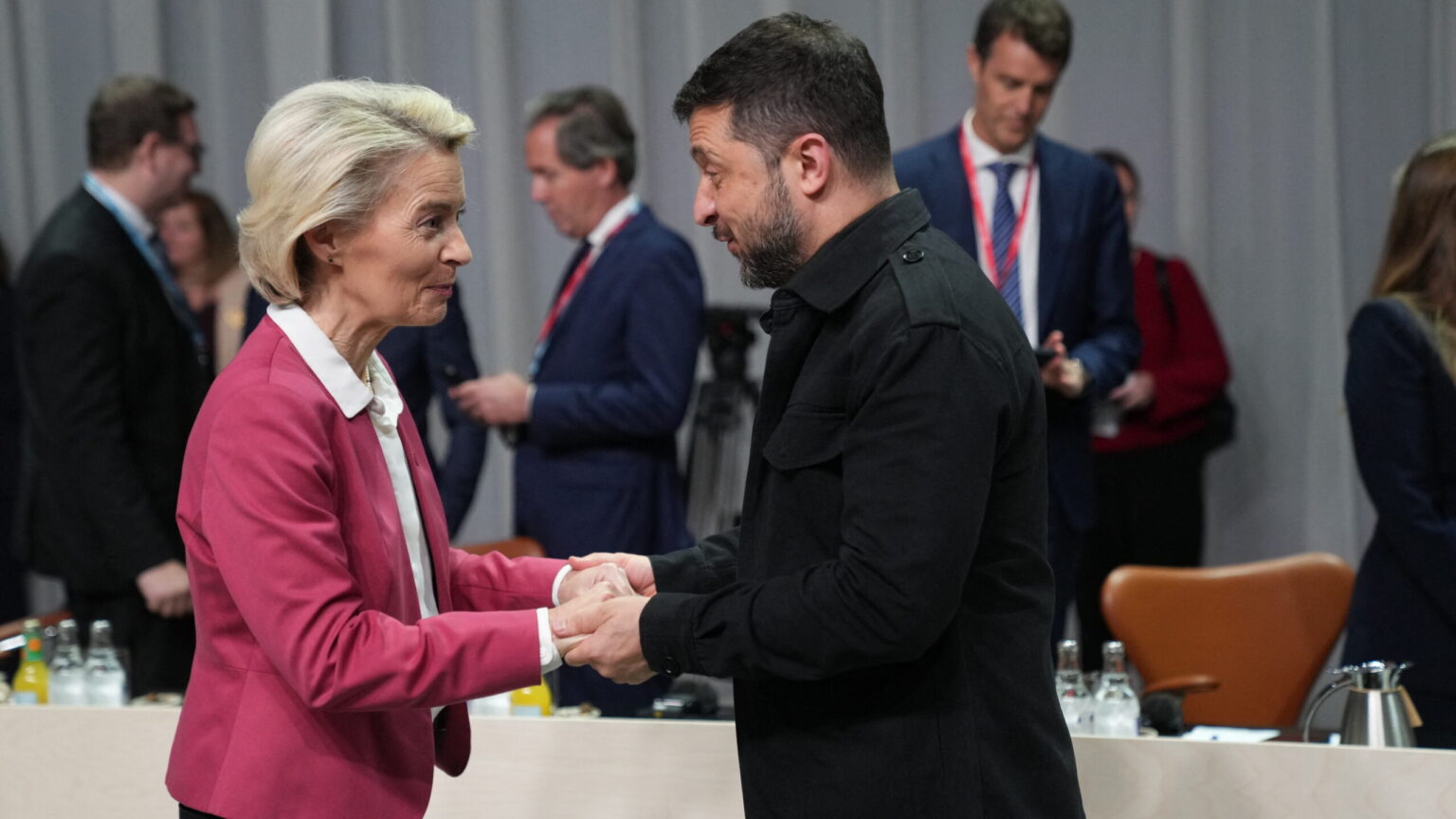
Hungary was widely mocked a year ago for warning that Brussels planned to fast-track Ukraine’s EU accession. Now, POLITICO Brussels has outlined a concrete roadmap to bring Kyiv into the bloc by 2027—including waiting for Viktor Orbán’s removal or even stripping Hungary of its voting rights—confirming fears once dismissed as conspiracy.

Hungary’s public finances remain in order, with the 2026 budget ensuring funding for key family, pensioner and small business support programmes despite the prolonged war and an unfavourable external economic climate, the National Economy Ministry said.
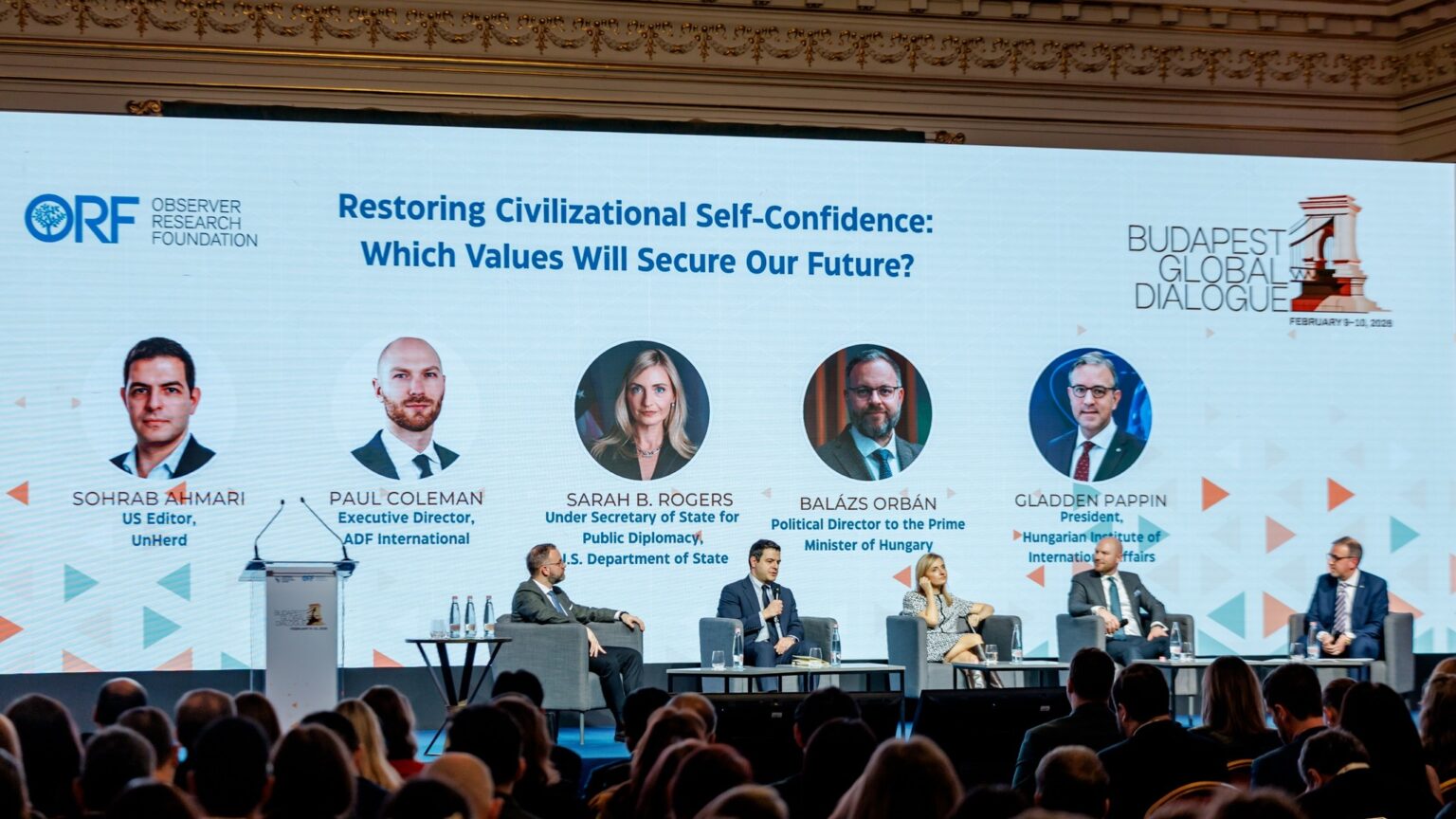
The third Budapest Global Dialogue kicked off on 9 February with an opening panel warning that censorship, supranational pressure, and ideological regulation are eroding democracy across the West. Speakers including Balázs Orbán and US Under Secretary Sarah B Rogers argued that free speech and national sovereignty now stand at the centre of a widening transatlantic political struggle.
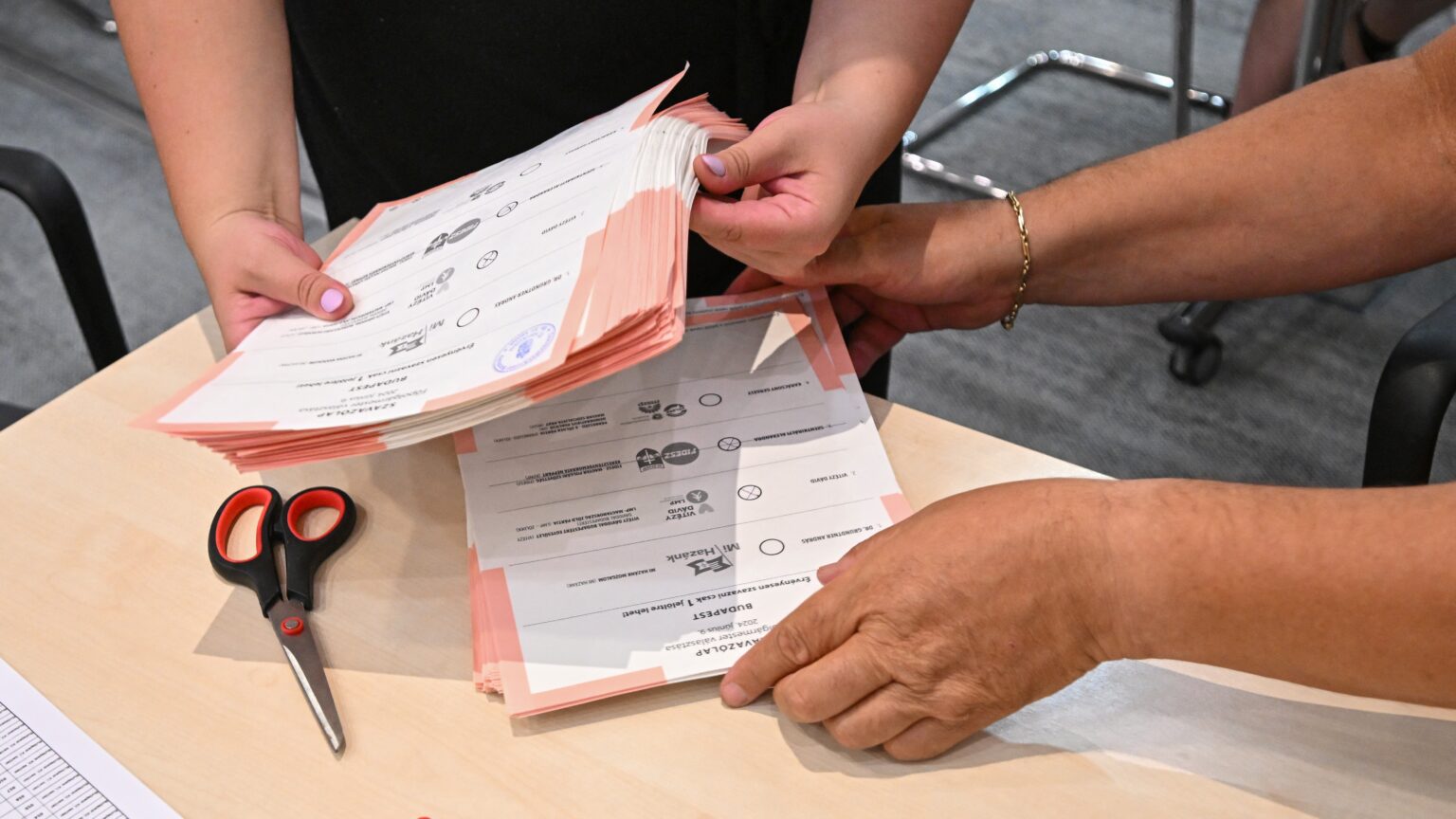
‘All Hungarian political parties are entitled to have representatives present at every polling station nationwide, where they participate directly in the vote count…In addition to this multiparty oversight, independent election observers…are free to move between polling stations on election day to verify the process. These safeguards ensure that election-day results cannot be manipulated.’
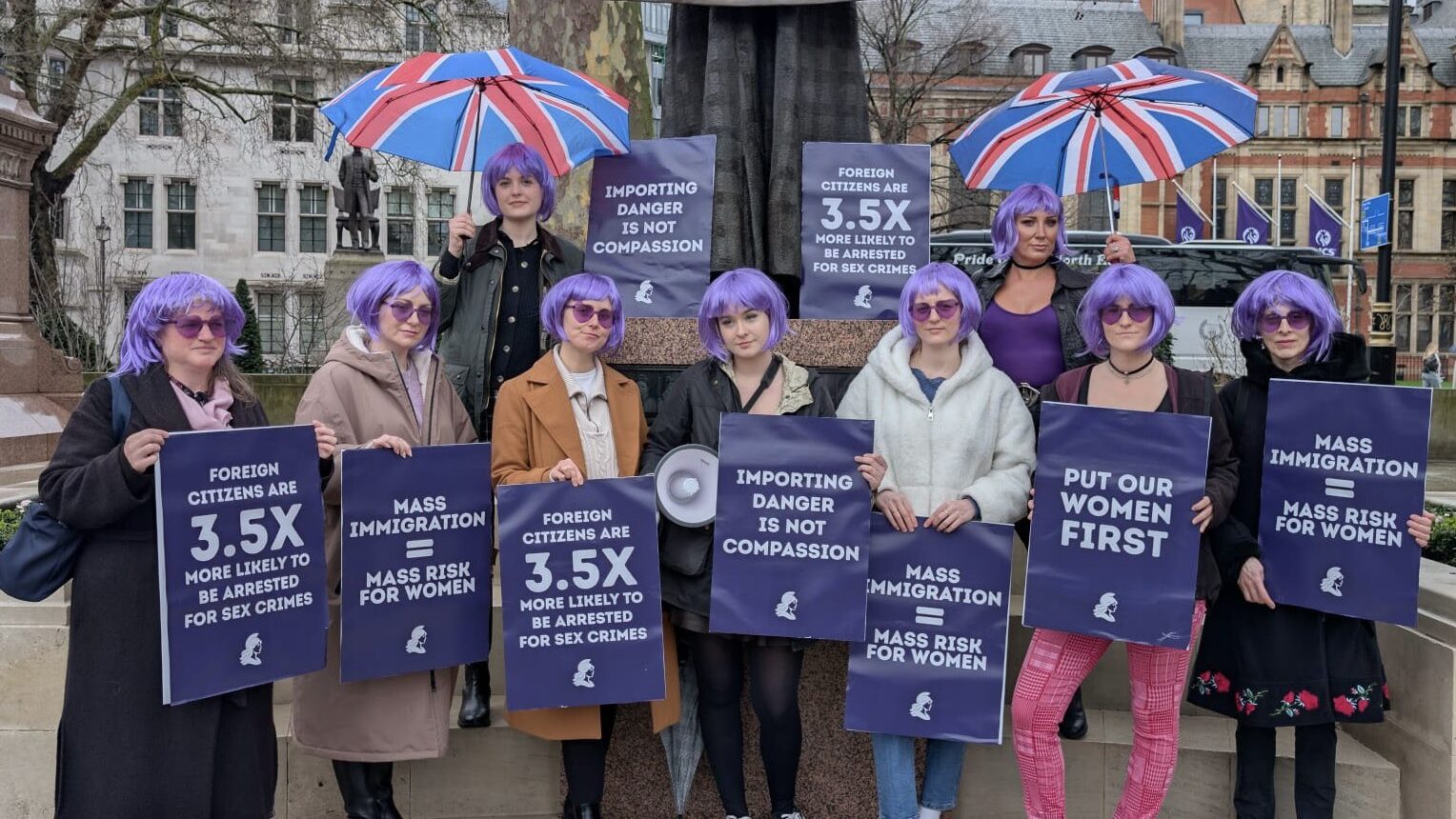
Activists from the UK-based Women’s Safety Initiative took to the streets of London dressed as the viral right-wing meme Amelia to protest migrant-linked violence against women. The demonstration turned an online symbol into a real-world political statement and highlighted Amelia’s emergence as a rallying point against Keir Starmer’s government and its attempts to censor dissenting voices.
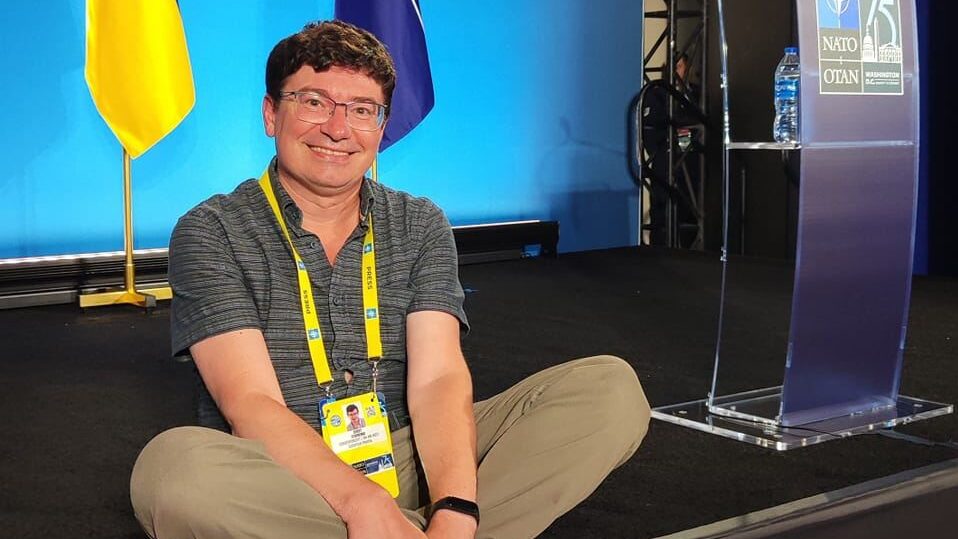
European Pravda editor-in-chief Sergiy Sydorenko launched a public attack on Hungarian conservative media and PM Viktor Orbán after receiving an interview request from Mandiner. He called the outlet ‘vile propaganda’ and urged Ukrainian officials to avoid Hungarian right-wing media. European Pravda is funded mainly by Western sources, including the EU and the National Endowment for Democracy.
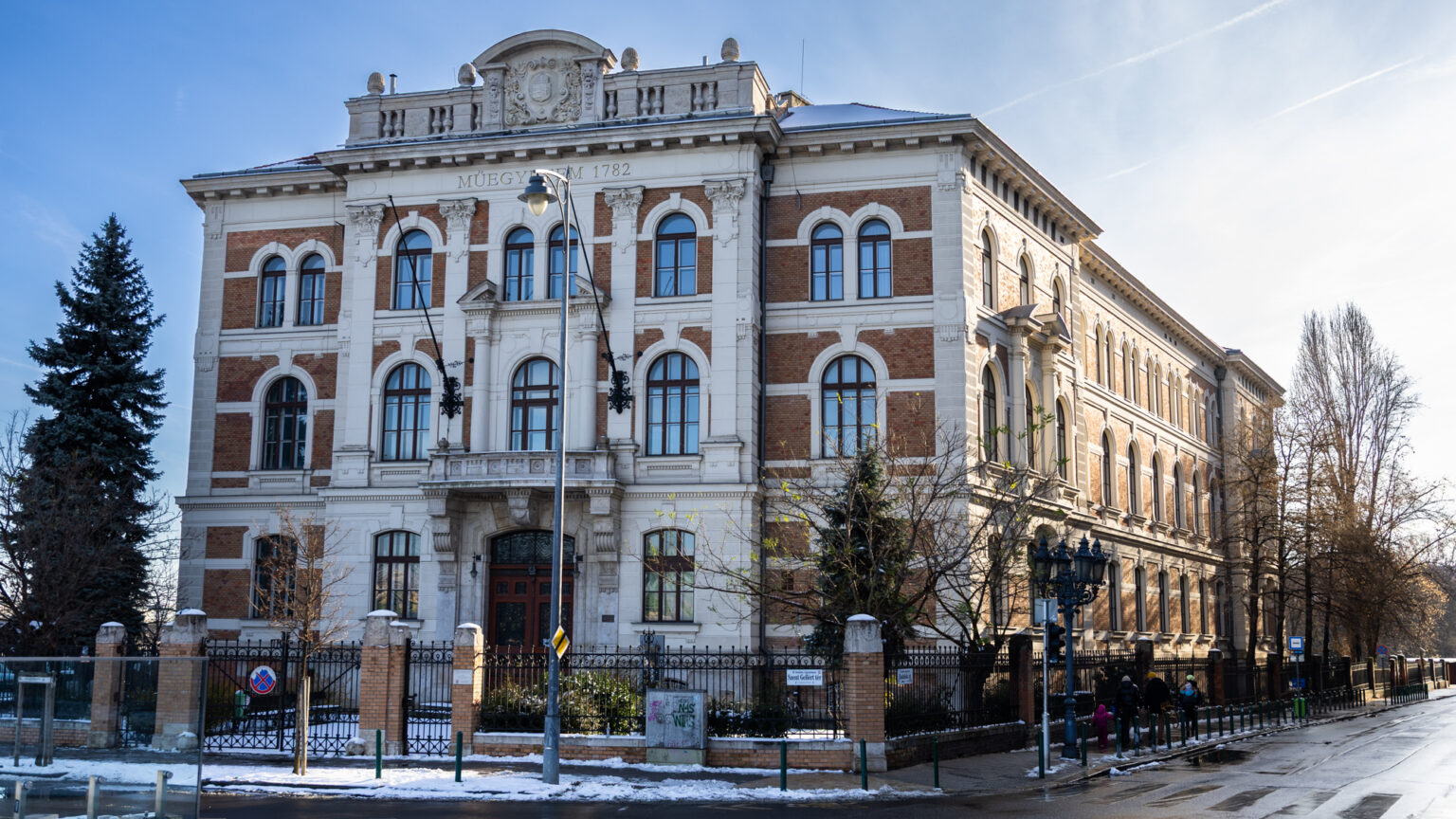
Hungary has launched a new ‘three-in-one’ education programme linking technical schools and universities, allowing IT students to earn a university degree faster through credit recognition and practice-oriented training.

The Seattle Seahawks claimed a commanding victory over the New England Patriots in Super Bowl LX, pairing defensive dominance with a historic MVP performance from Kenneth Walker III. Yet beyond the scoreline, the championship night was equally defined by political controversy surrounding the halftime show and its sharp cultural divide across American audiences.
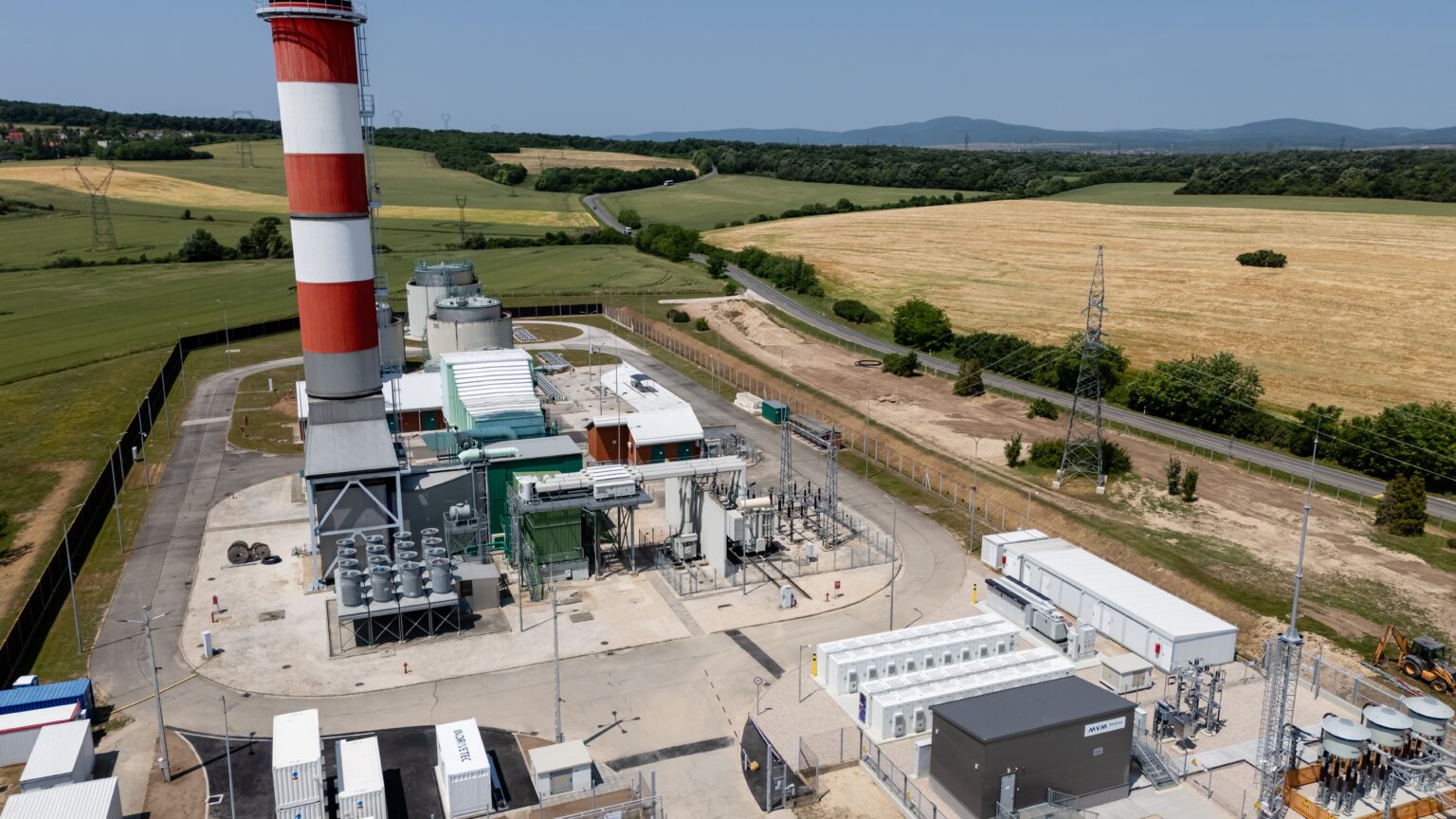
Hungarian company HeatVentors has developed a phase-change-based thermal energy storage system that can cut electricity use by up to 25 per cent and significantly reduce carbon emissions, with applications ranging from buildings to data centres worldwide.
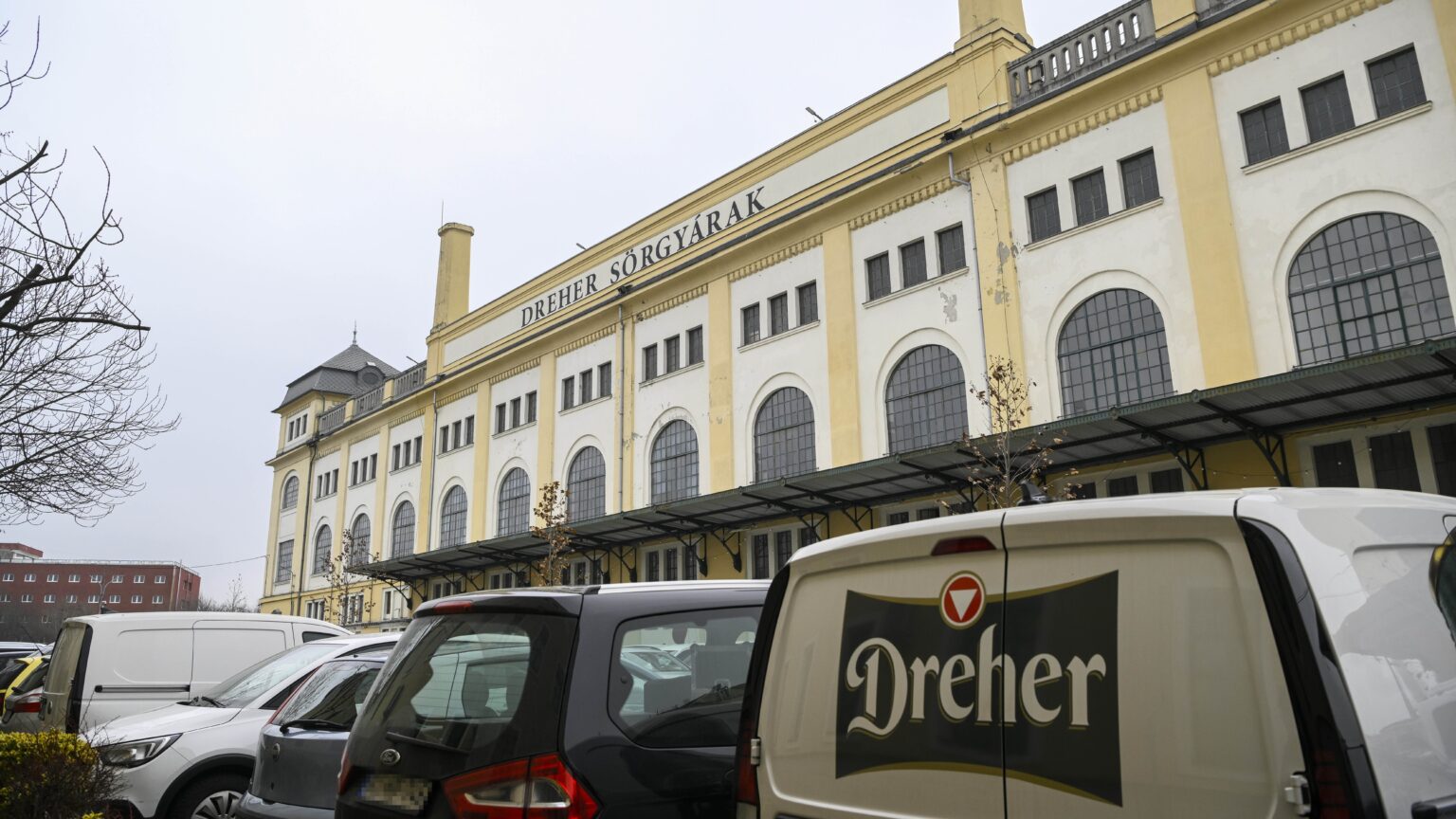
Hungary has signed a strategic cooperation agreement with Dreher Breweries alongside a 100 billion forint investment programme that the government says will modernize beer production in Kőbánya and support thousands of Hungarian jobs.
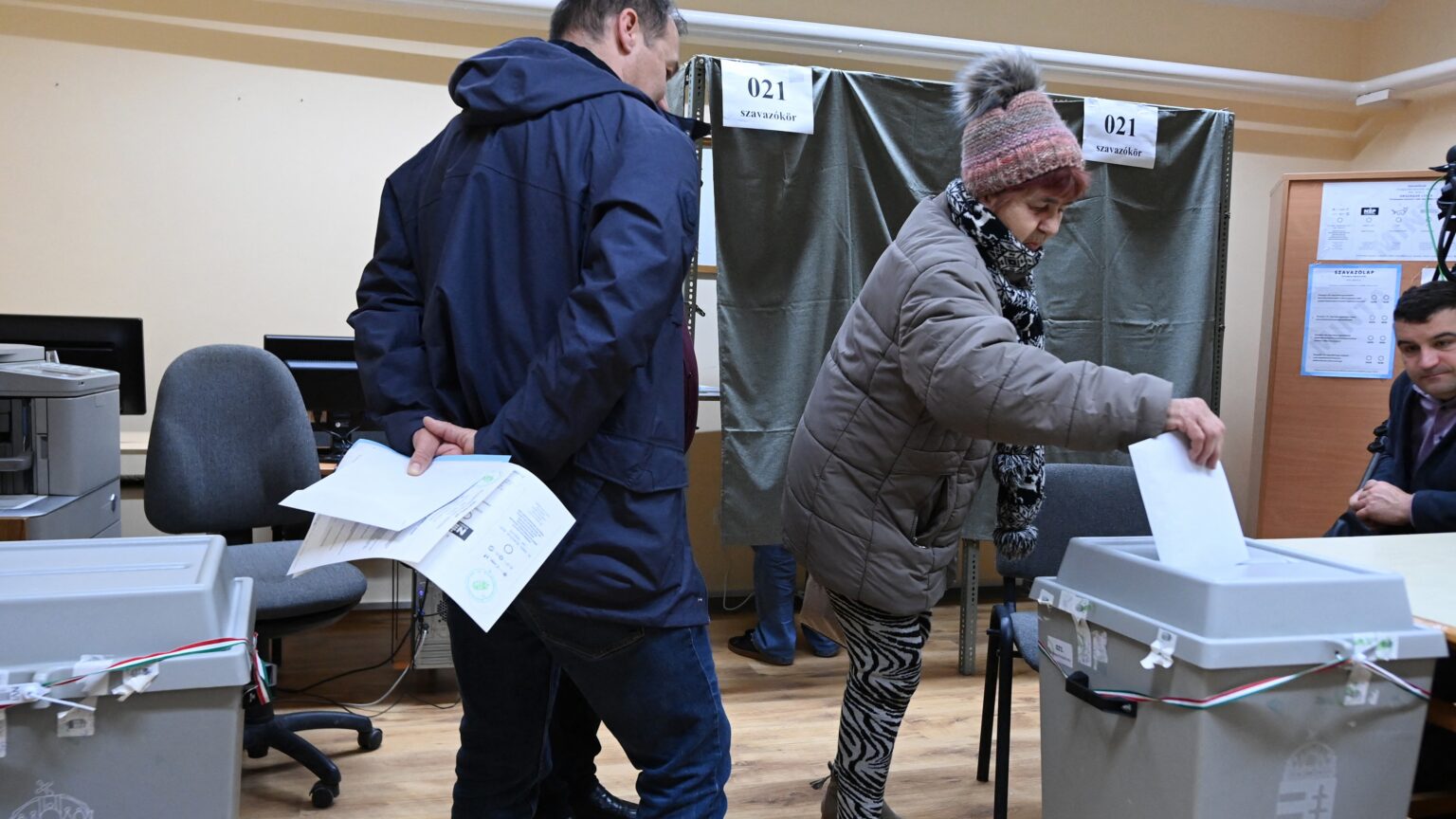
The Hungarian governing Fidesz party’s success in a closely watched Balmazújváros by-election offers a symbolic boost ahead of Hungary’s parliamentary elections. By overturning local paralysis and defeating an opposition-backed challenger, the victory underscores continuing support for Viktor Orbán’s party, contrasting sharply with polling that suggests rising strength for Tisza.
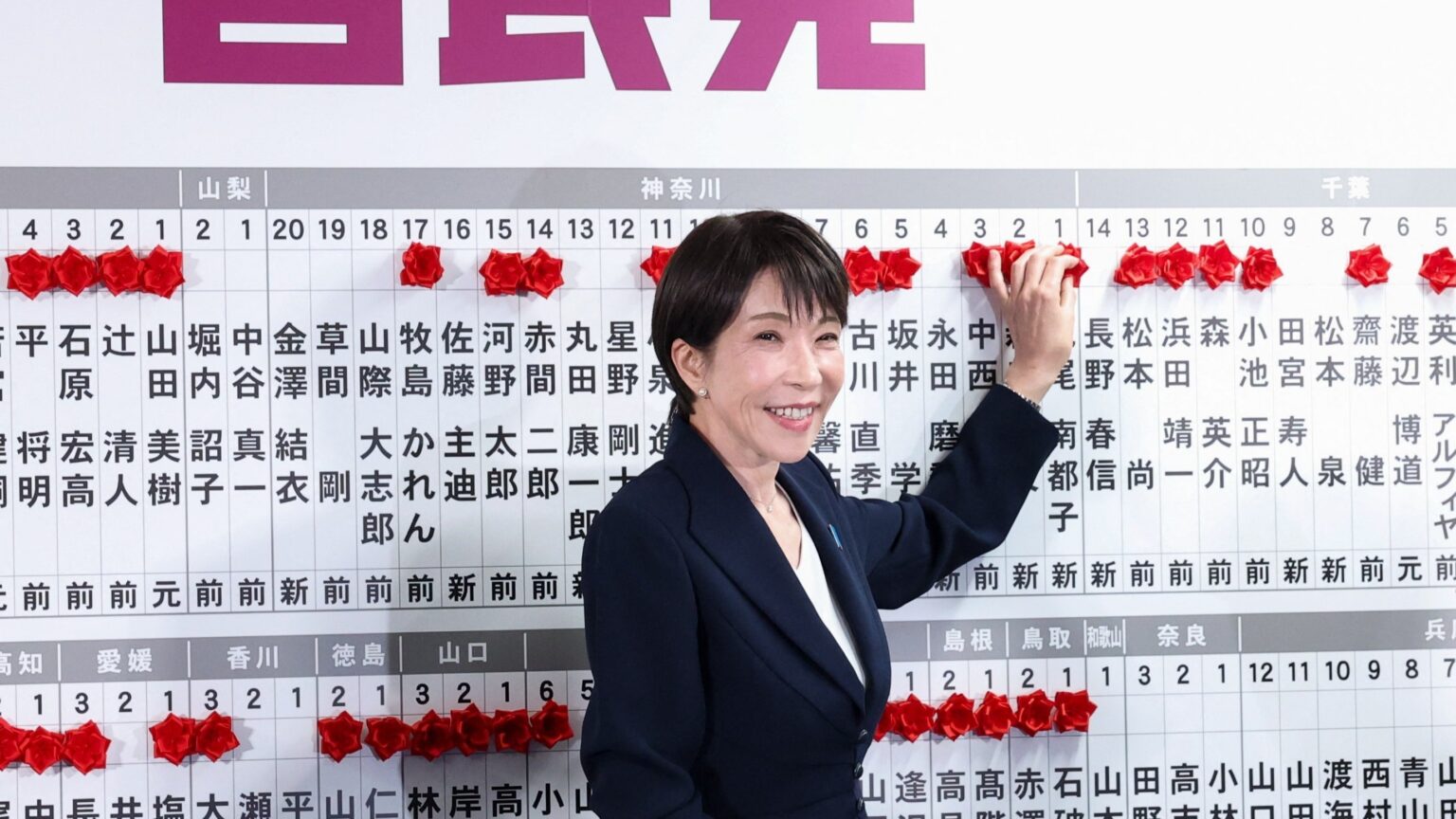
Prime Minister Takaichi has secured a crushing victory in Japan’s snap elections, delivering her party a two-thirds parliamentary majority against all polling expectations. Backed by high turnout and growing US support, she now faces rising costs, defence pledges, and mounting tensions with China.
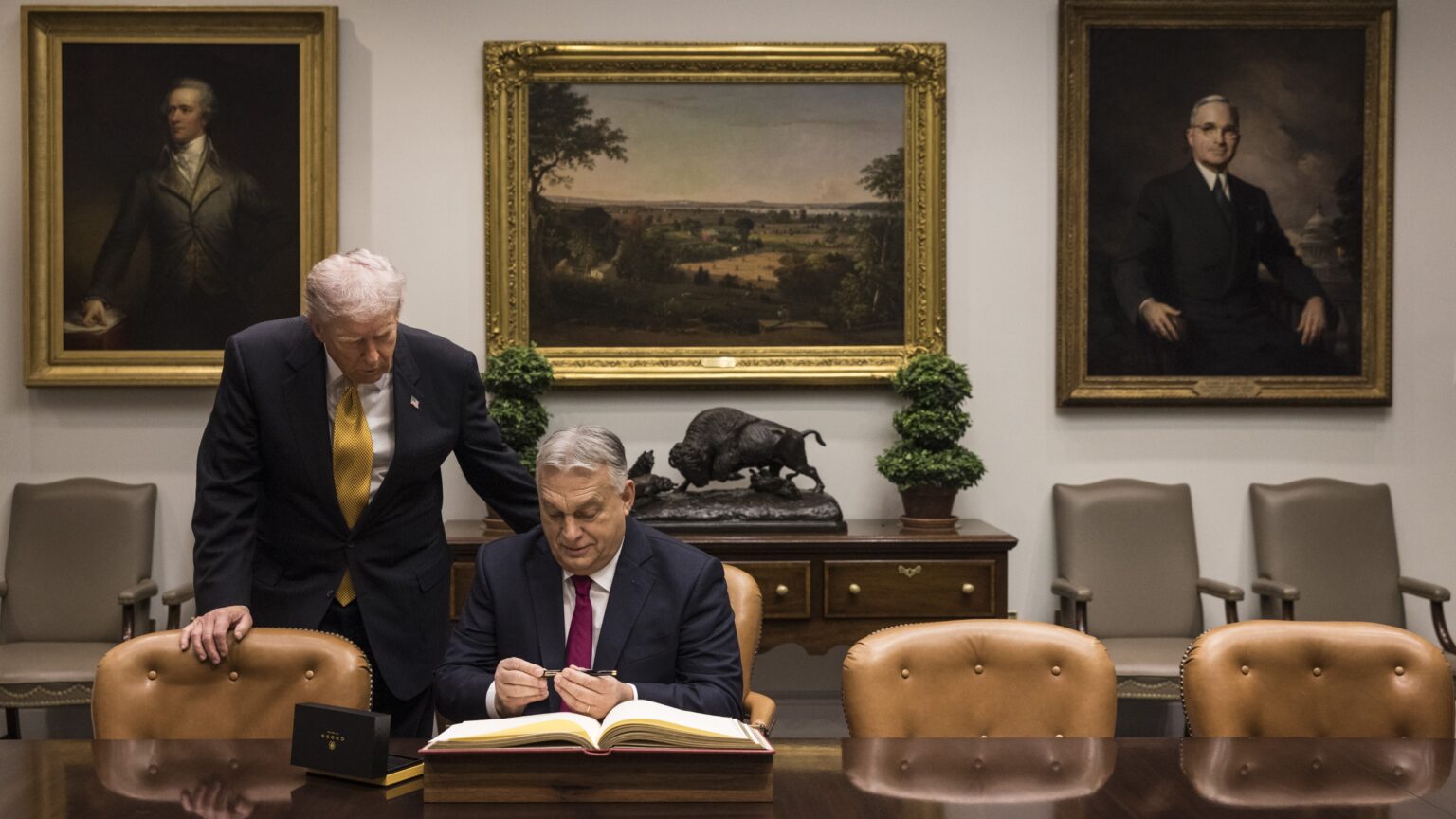
Prime Minister Viktor Orbán has confirmed he will attend the inaugural Board of Peace summit in Washington, where he is expected to meet President Donald Trump. The visit comes amid growing speculation that Trump could travel to Budapest in the near future and follows the US president’s renewed public endorsement of Orbán ahead of Hungary’s upcoming parliamentary election in April.
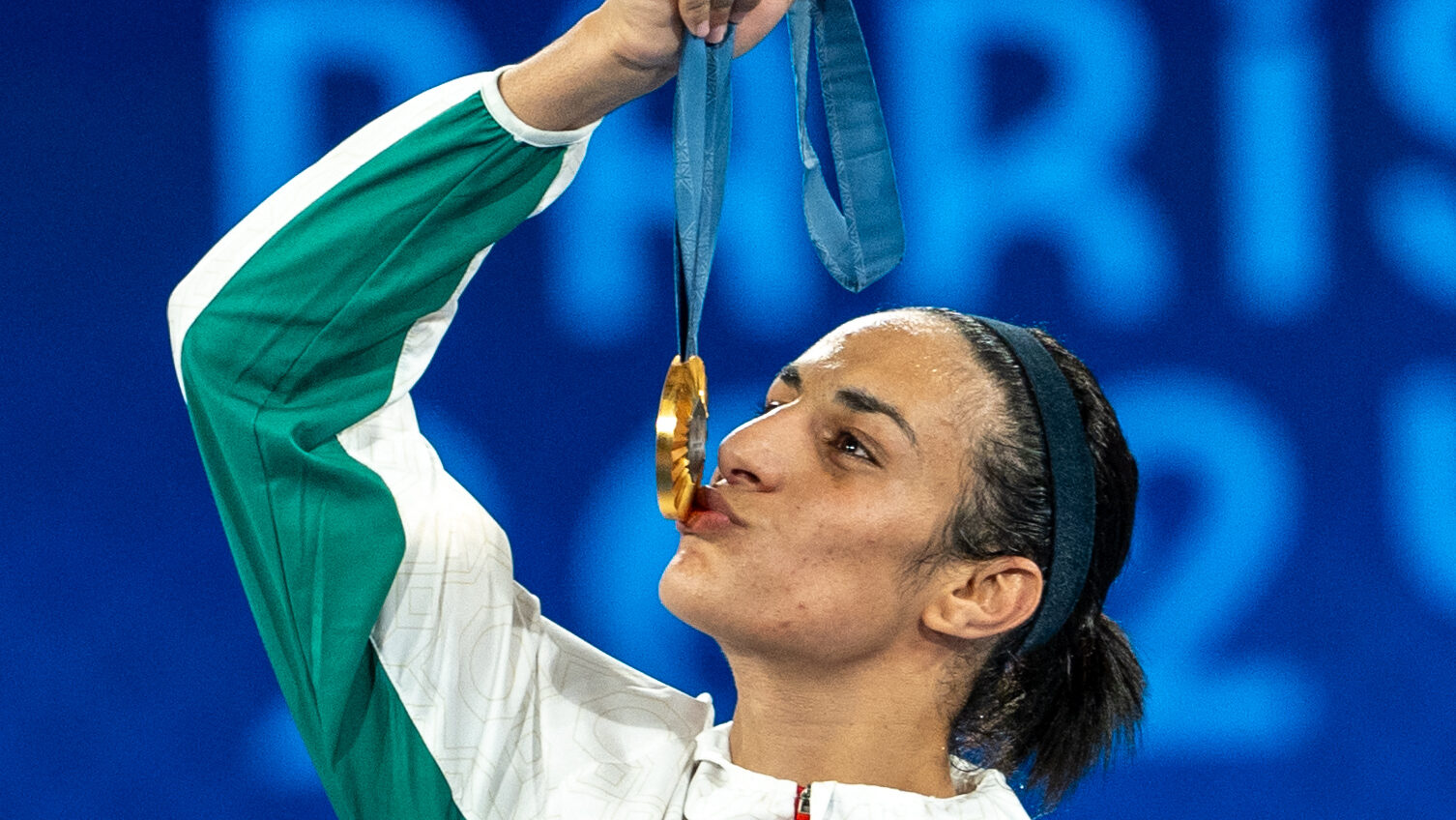
Controversial Algerian Olympic boxing champion Imane Khelif has acknowledged possessing a Y chromosome and elevated testosterone levels, reigniting global controversy over her participation in women’s competition at the Paris 2024 Games.
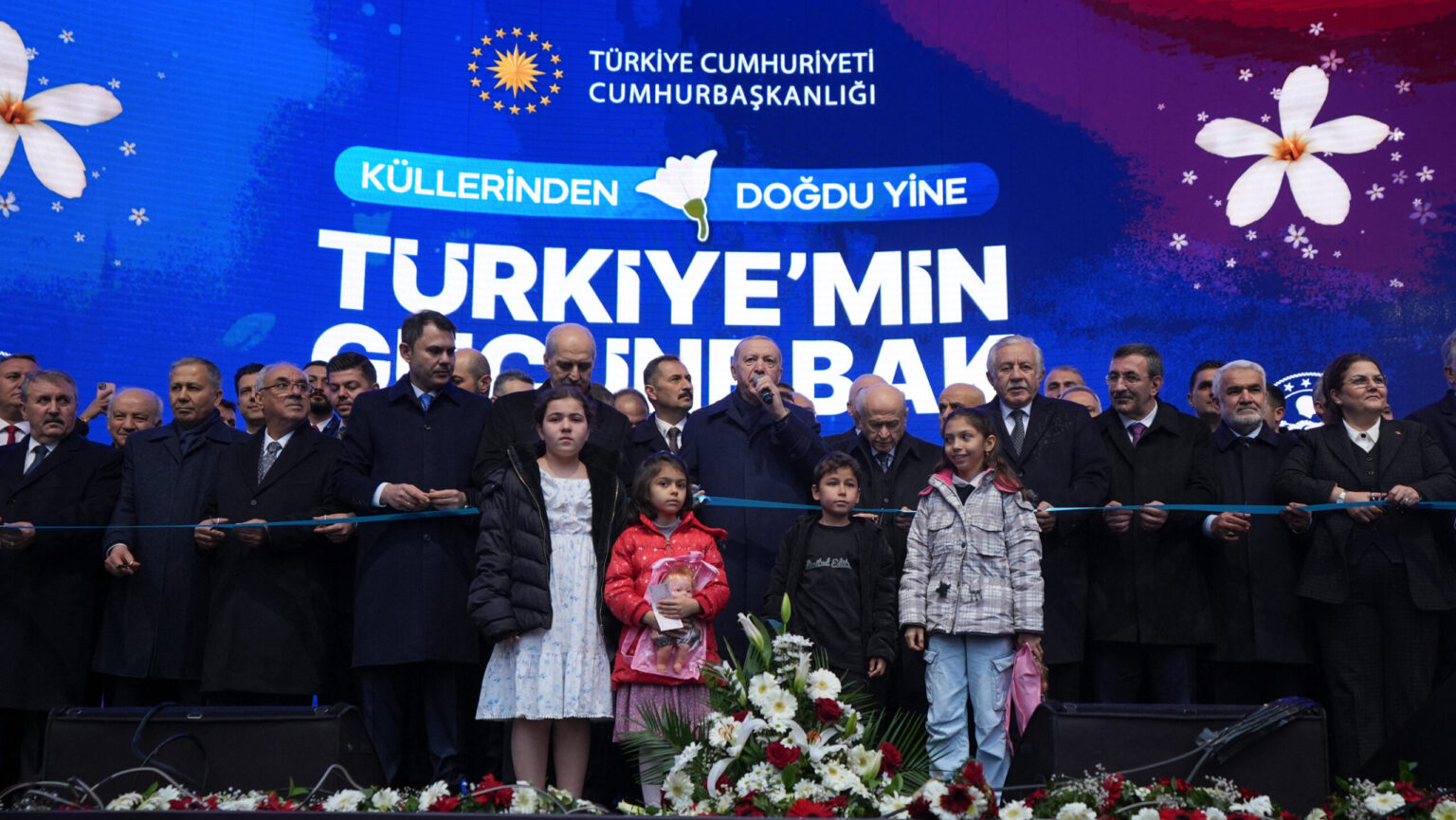
On the third anniversary of the 2023 earthquakes in southern Türkiye, remembrance is intertwined with renewal. While tens of thousands perished and entire cities collapsed, an unprecedented reconstruction campaign has reshaped the disaster zone, revealing both the depth of the tragedy and the extraordinary determination driving the country’s recovery, setting an example for the whole world.
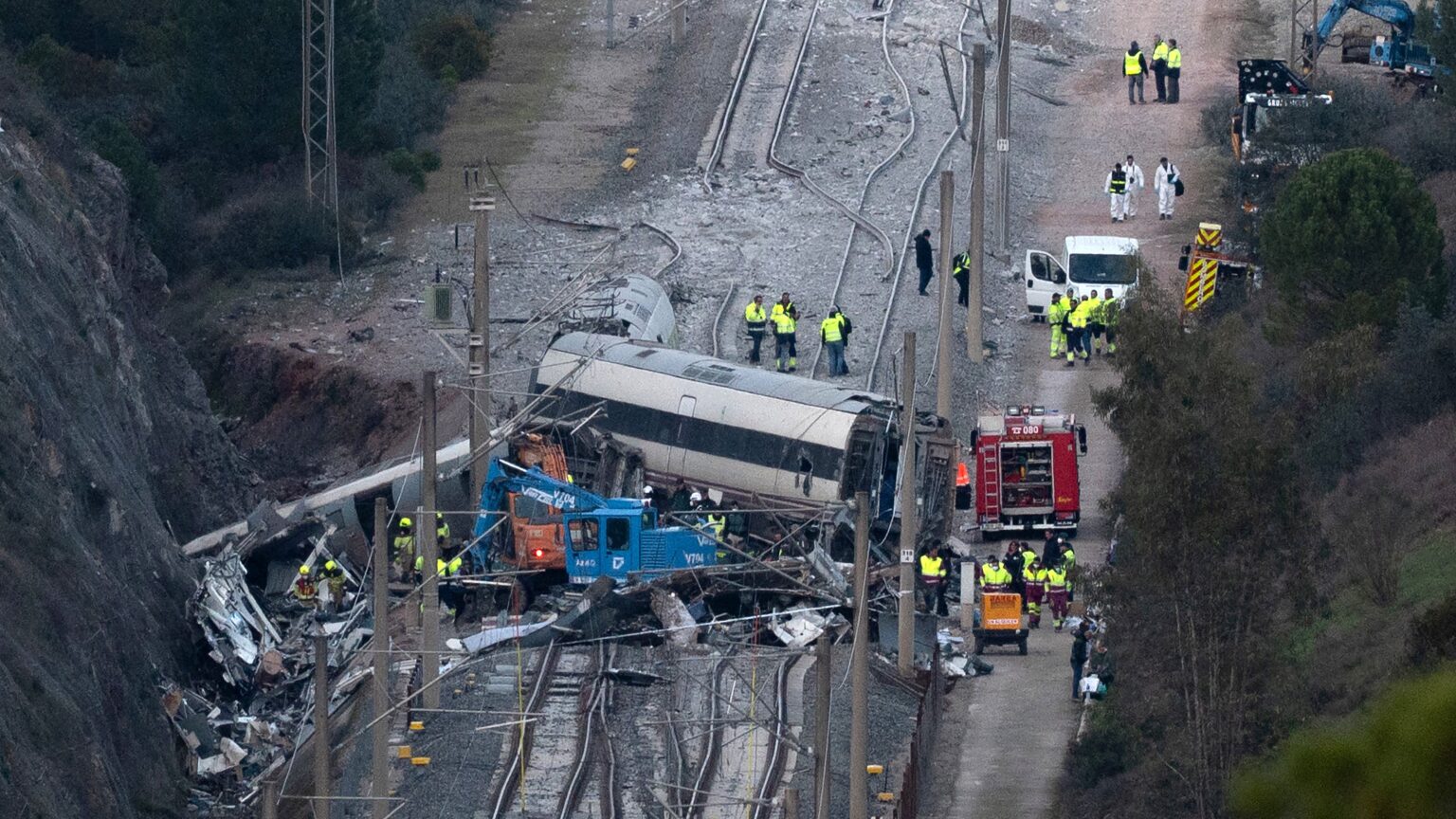
‘This is why socialism’s failure is not primarily economic, but institutional and, ultimately, moral. By instrumentalizing the state, it shields public power from scrutiny and accountability. Adamuz, therefore, is not merely a disaster of steel and speed. It is a case study in what happens when institutional quality is sacrificed to ideology…’

US and Hungarian authorities have dismantled a scam ring based in Győr, Hungary, accused of selling counterfeit gold bars bound for the United States. The suspects allegedly impersonated major bullion exchanges online, prompting a joint FBI–KR NNI operation that seized 442 fake bars.
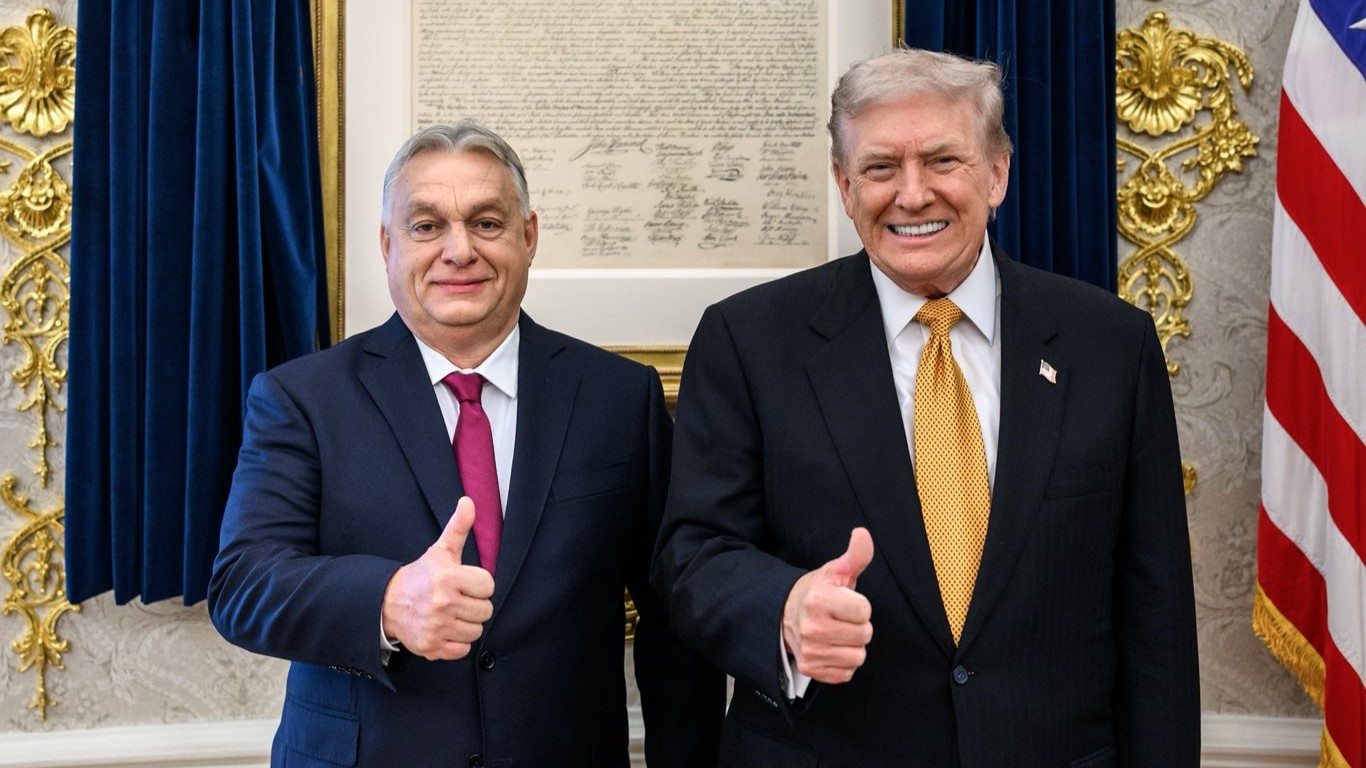
US President Donald Trump gave his enthusiastic endorsement to Prime Minister Viktor Orbán of Hungary in the 2026 Hungarian parliamentary election, in which he called him ‘a strong leader with a proven track record of delivering phenomenal results’. Six out of eight candidates or referendum options that have received President Trump’s endorsement outside the US ended up winning their respective elections.
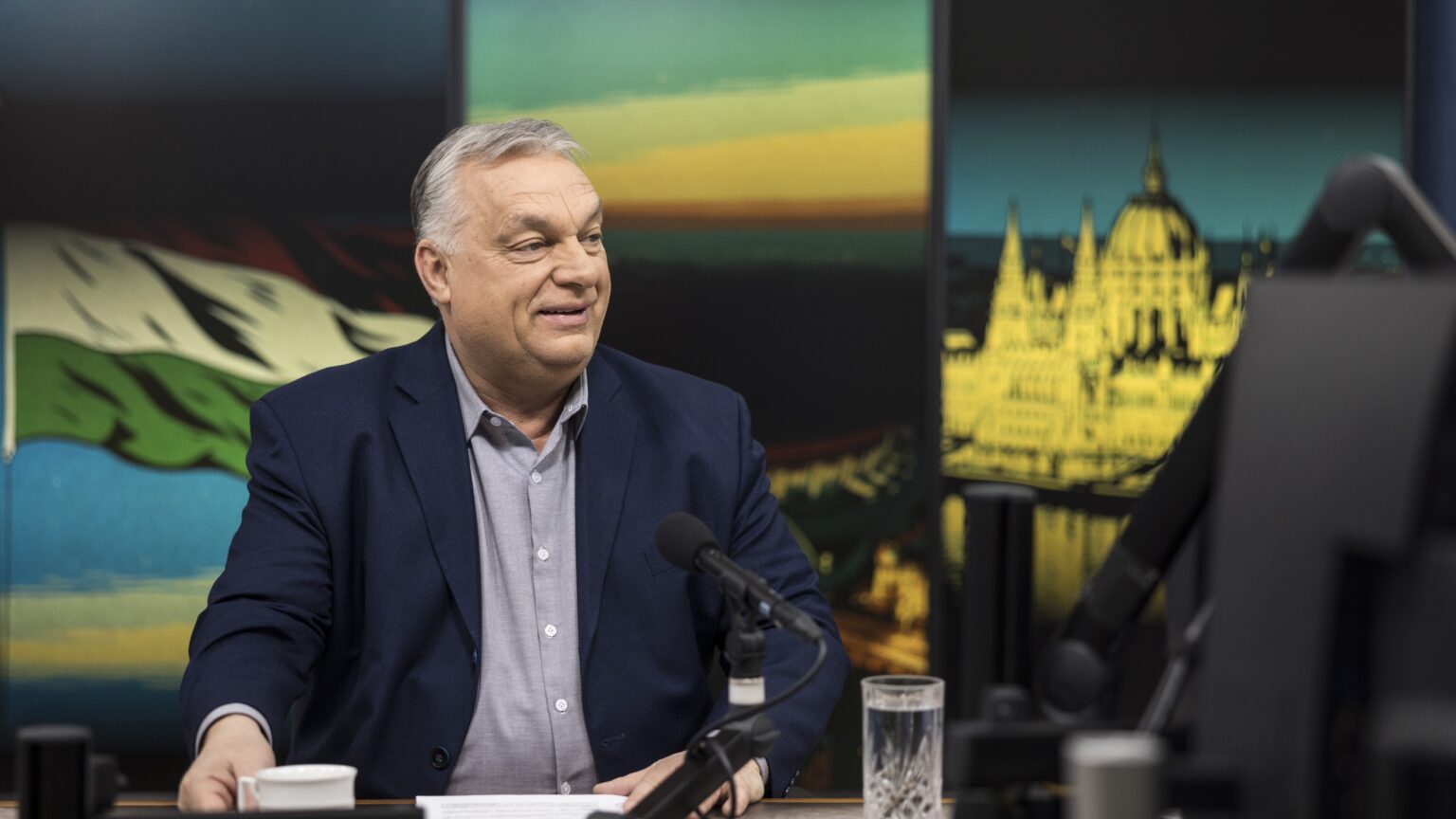
Hungary’s economy has sufficient resources to support welfare measures, Prime Minister Viktor Orbán said in a radio interview on Friday, while also addressing foreign policy issues, including relations with US President Donald Trump, the war in Ukraine and European Union policies.
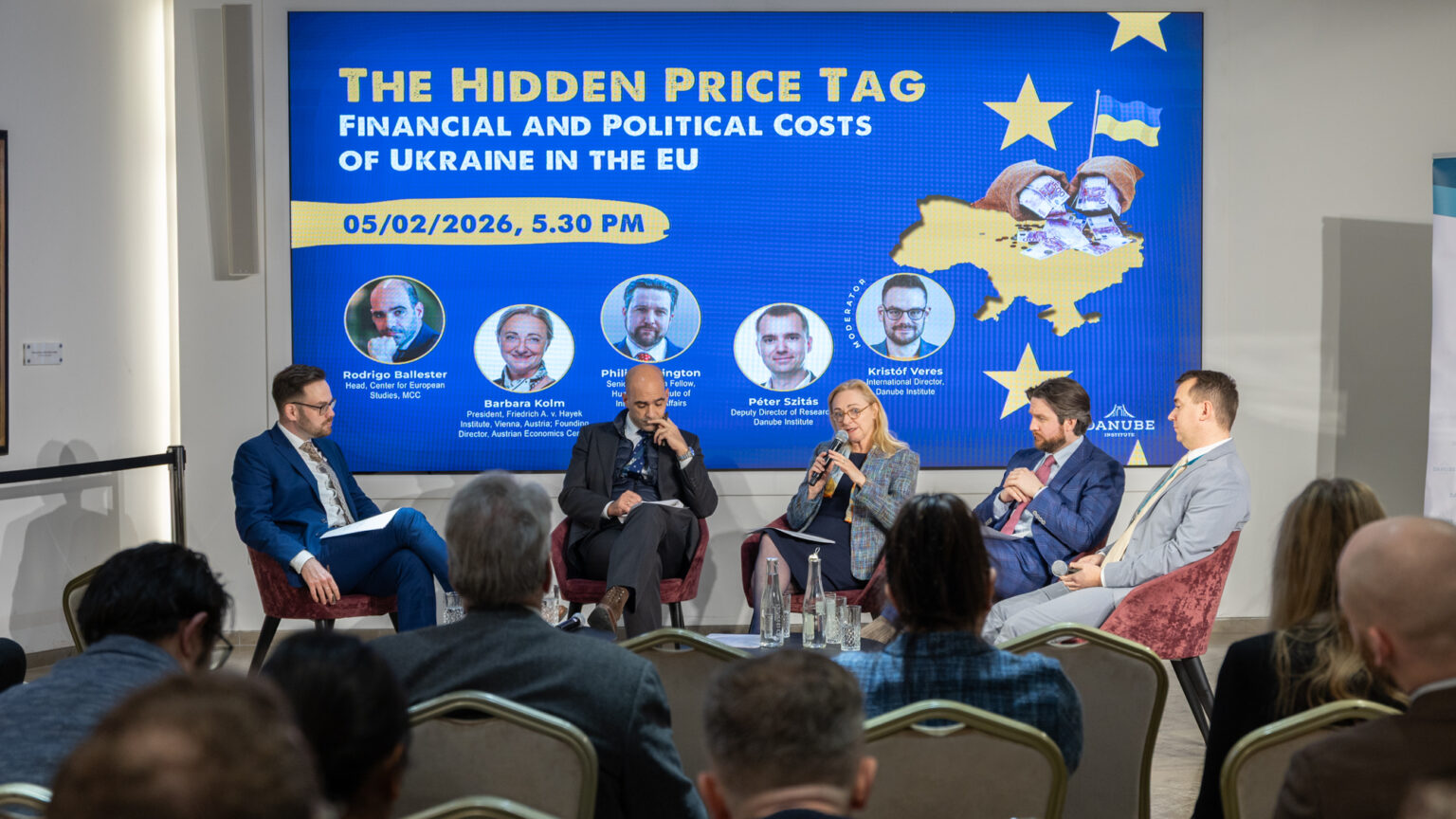
Experts at a policy discussion examined the political, economic and security implications of Ukraine’s accelerated EU accession ambitions, raising concerns about financial sustainability, institutional credibility and regional stability.
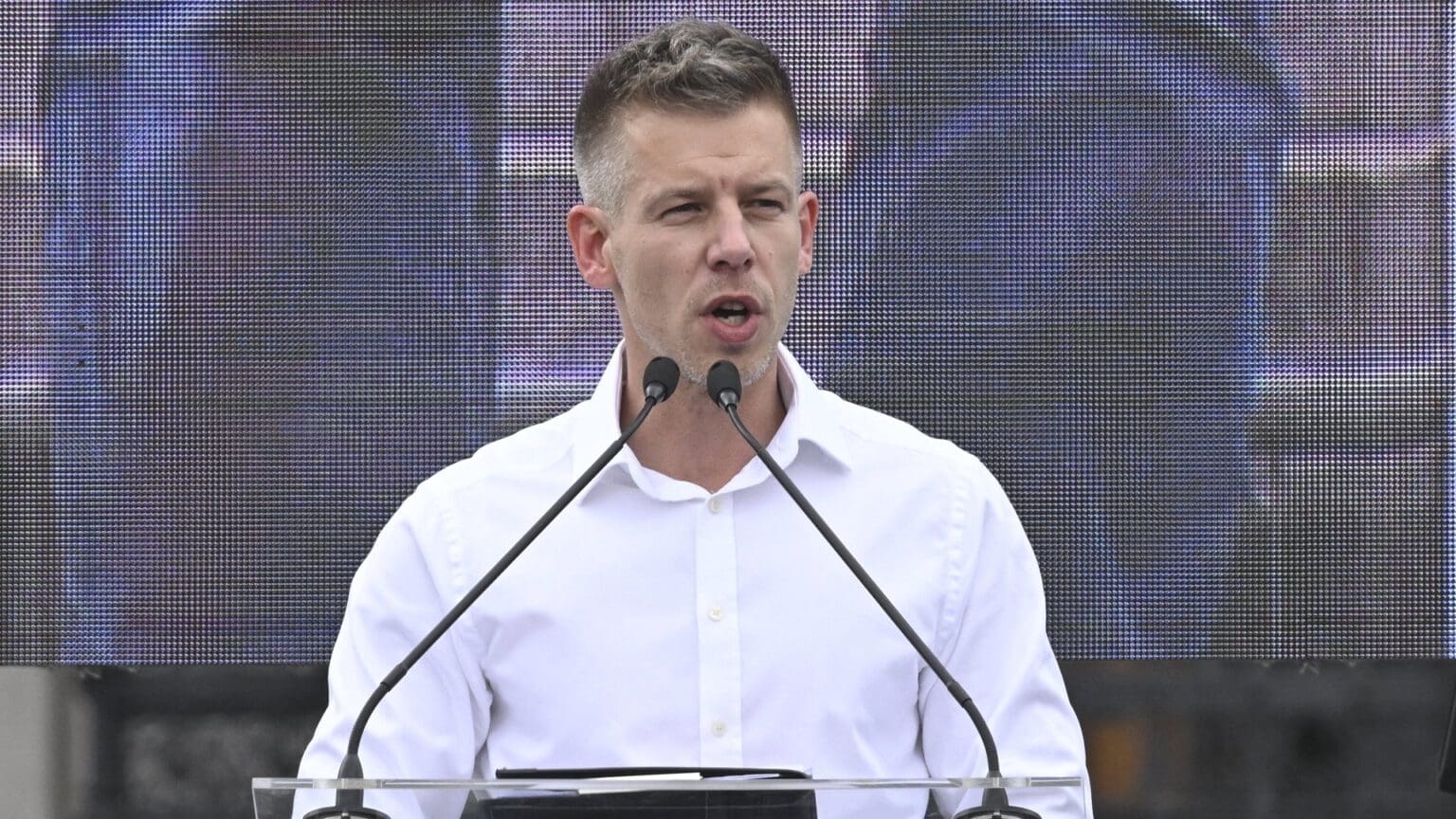
January’s political developments reinforced Fidesz–KDNP’s clear lead ahead of Hungary’s 2026 elections, while the Tisza Party struggled to set the agenda, according to the latest analysis by the Center for Fundamental Rights.

The first concrete pour at the Paks II Nuclear Power Plant marks the start of foundation work for Unit 5, officially moving the project into the construction phase under IAEA standards and highlighting Hungary’s focus on energy security and nuclear power.

The expiration of the New START treaty on 5 February removes the last formal limits on US and Russian nuclear arsenals, ending decades of mutual verification and symbolizing the broader collapse of global arms control in an increasingly unstable and multipolar world.
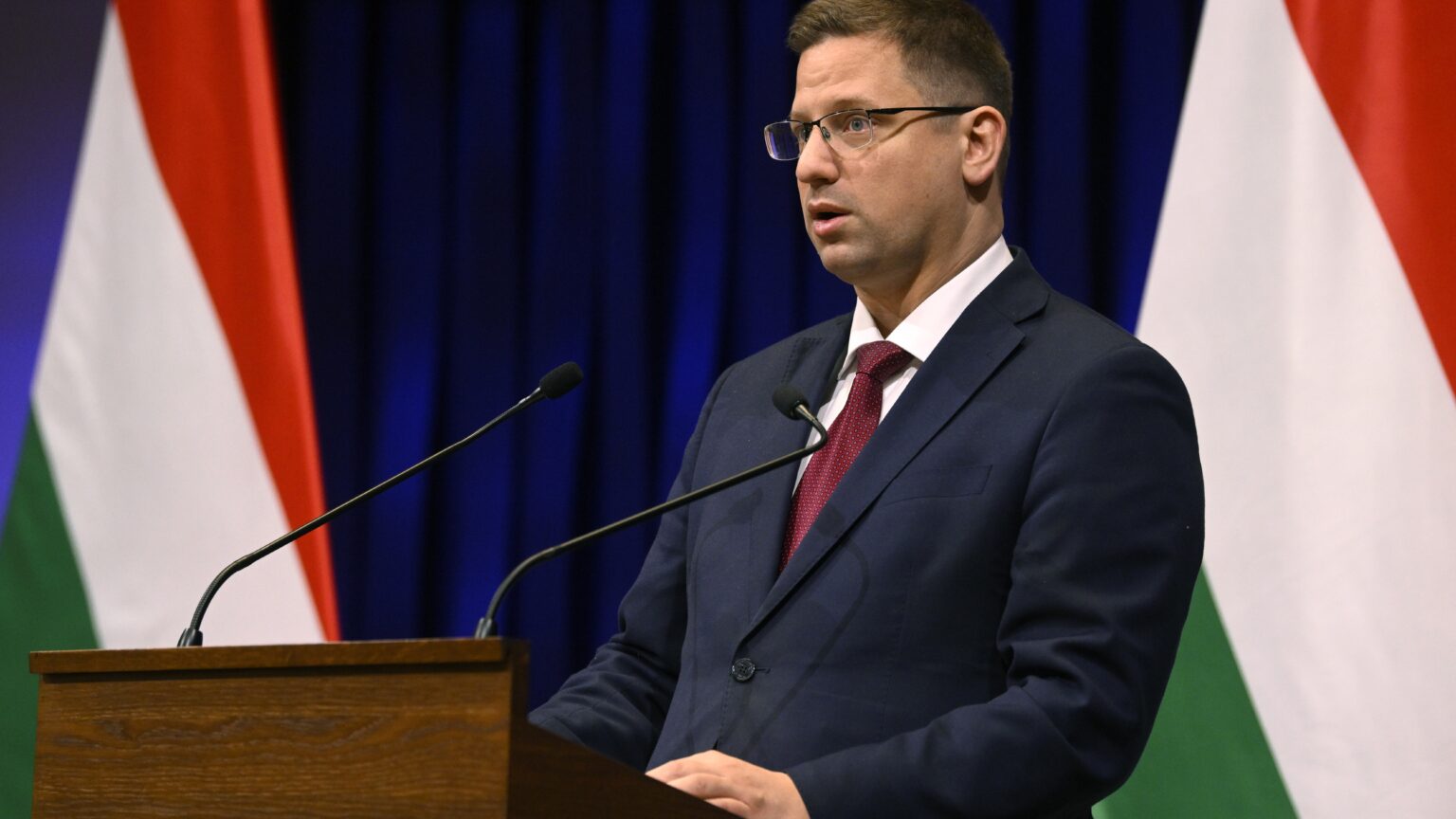
Millions of Hungarian families are set to receive higher wages with their January pay packets as new government measures take effect, including expanded family tax allowances, salary increases for teachers, and income tax exemptions for mothers raising two children, government officials said at a recent briefing.
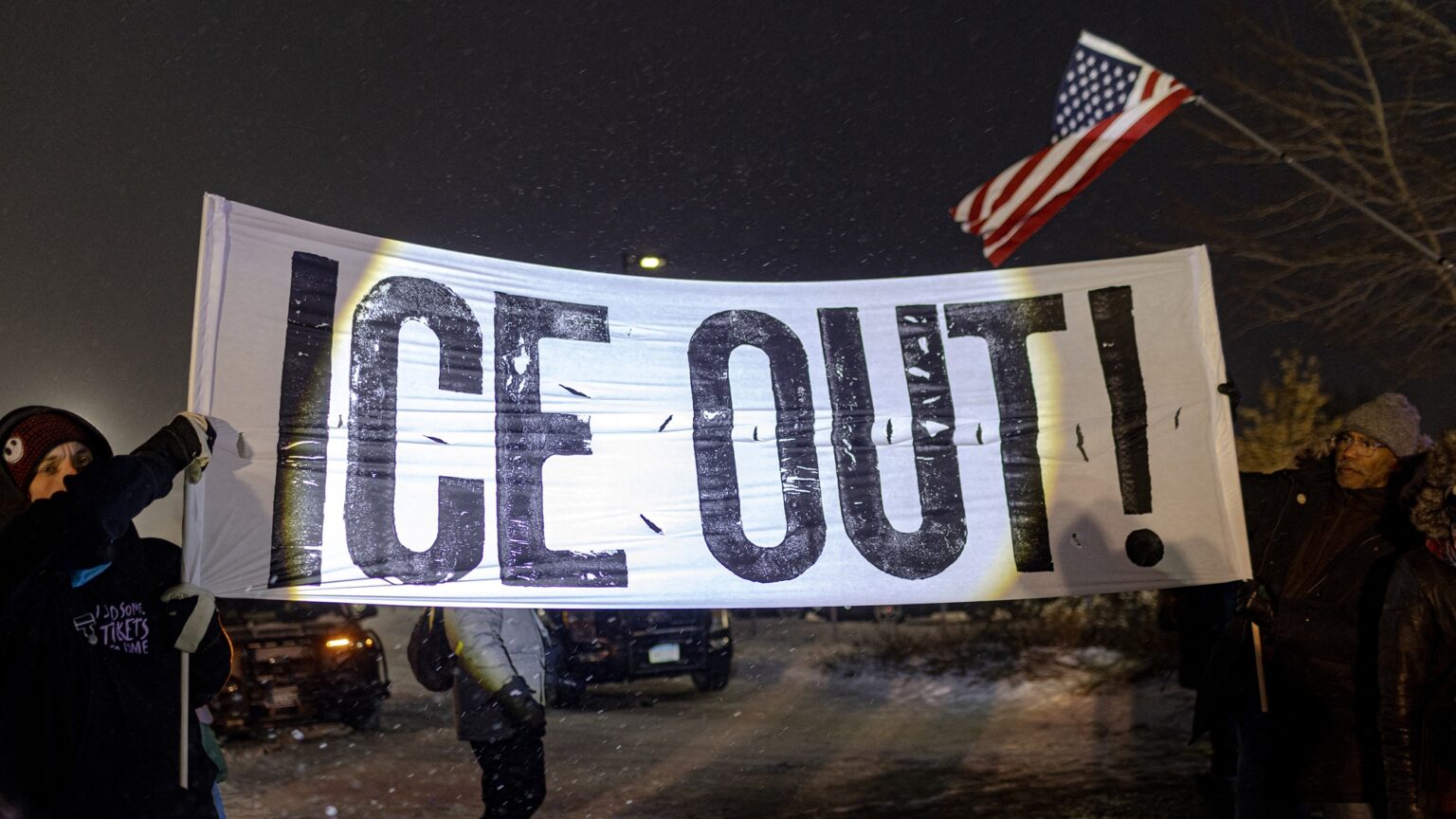
The Daily Caller has uncovered that the Minnesota-based organization Headwaters Foundation for Justice has received $3.3 million in funding from George Soros’ Open Society Foundations. The Headwaters Foundation, in turn, has funnelled the funds to 16 progressive activist groups organizing anti-ICE protests.
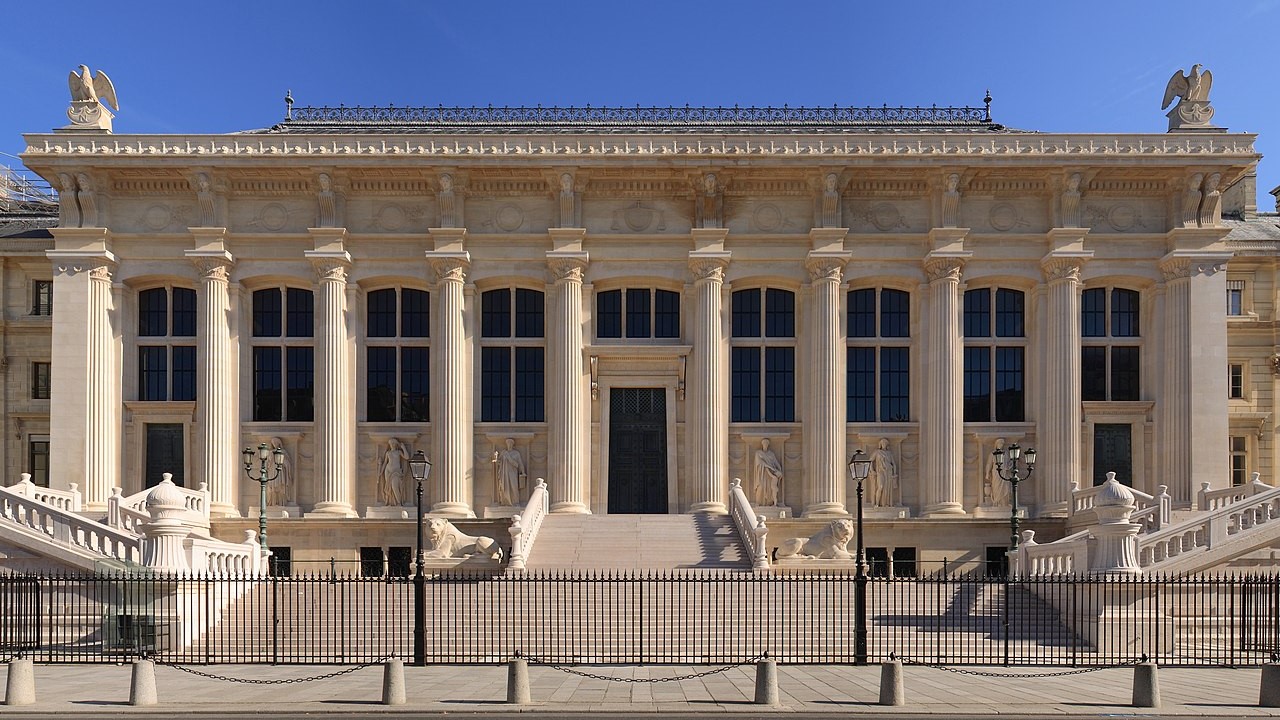
‘Marine Le Pen is now present at her appeal hearing, and the public prosecutor has just made his closing arguments, asking the judges to uphold the ineligibility sentence.’
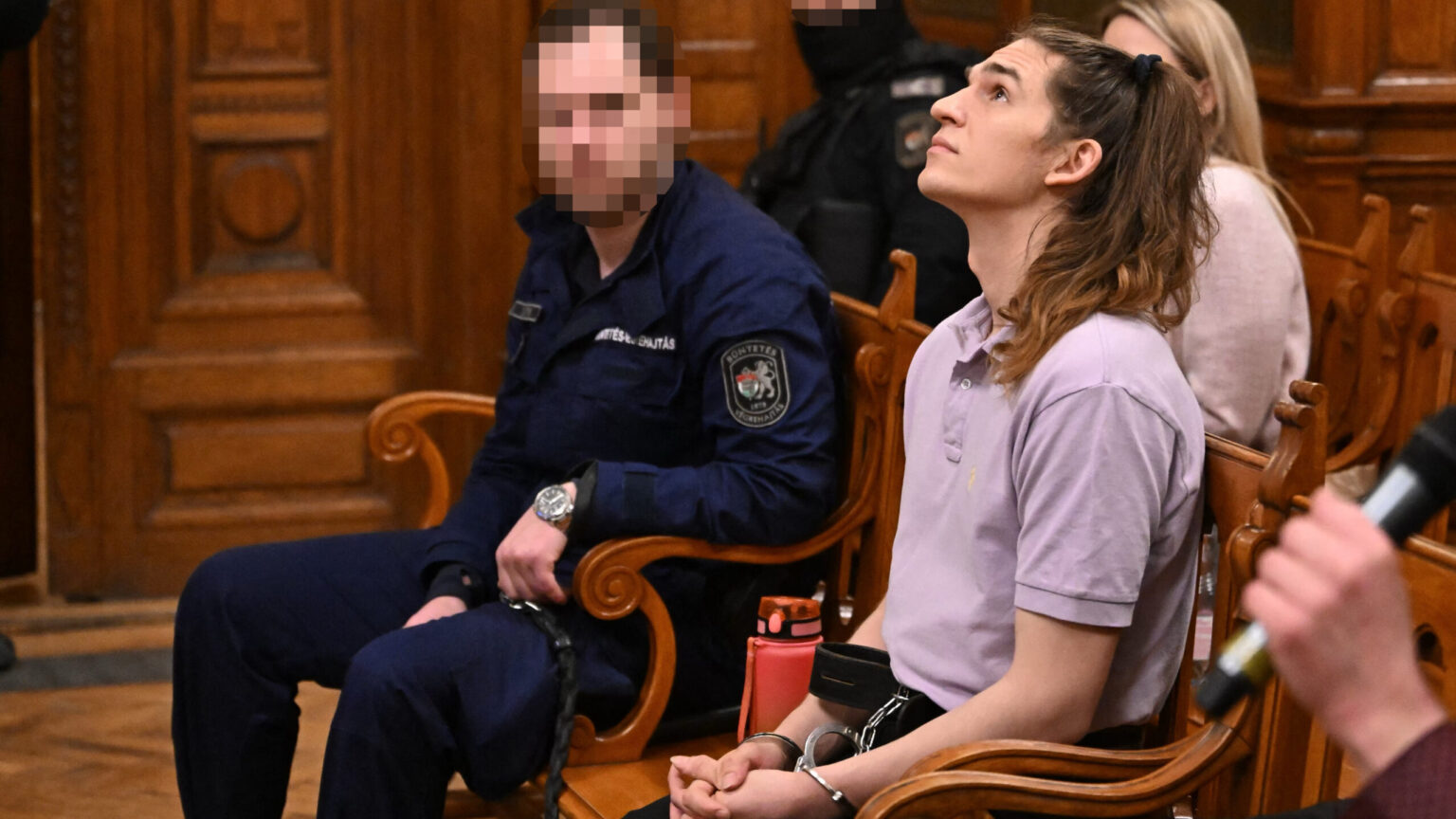
A Budapest court has sentenced German Antifa terrorist Maja T, born Simeon T, to eight years in prison for his role in the 2023 street assaults that left several people seriously injured. Prosecutors described the attacks as coordinated ideological violence, while far-left activists protested the ruling, framing the closely watched case as politically motivated.
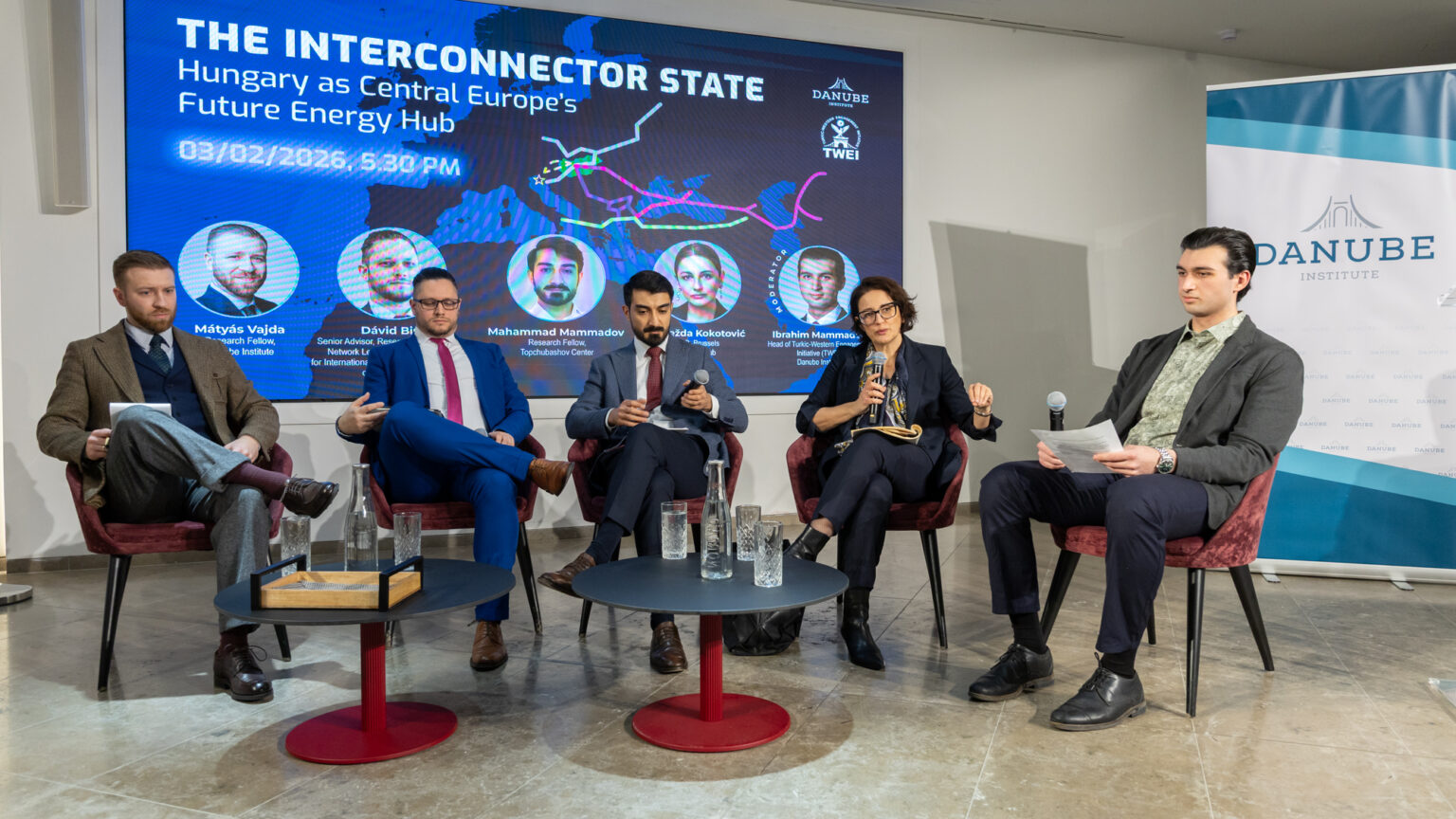
At a Danube Institute panel in Budapest, experts examined Hungary’s growing role in Central European energy security. Speakers highlighted new transit routes, partnerships with Turkic states, and strategic infrastructure projects positioning Hungary as a key regional energy hub.

The Hungarian government has officially announced a January energy price cap to offset higher household consumption caused by extreme cold, providing a 30 per cent discount on gas, electricity or district heating bills.